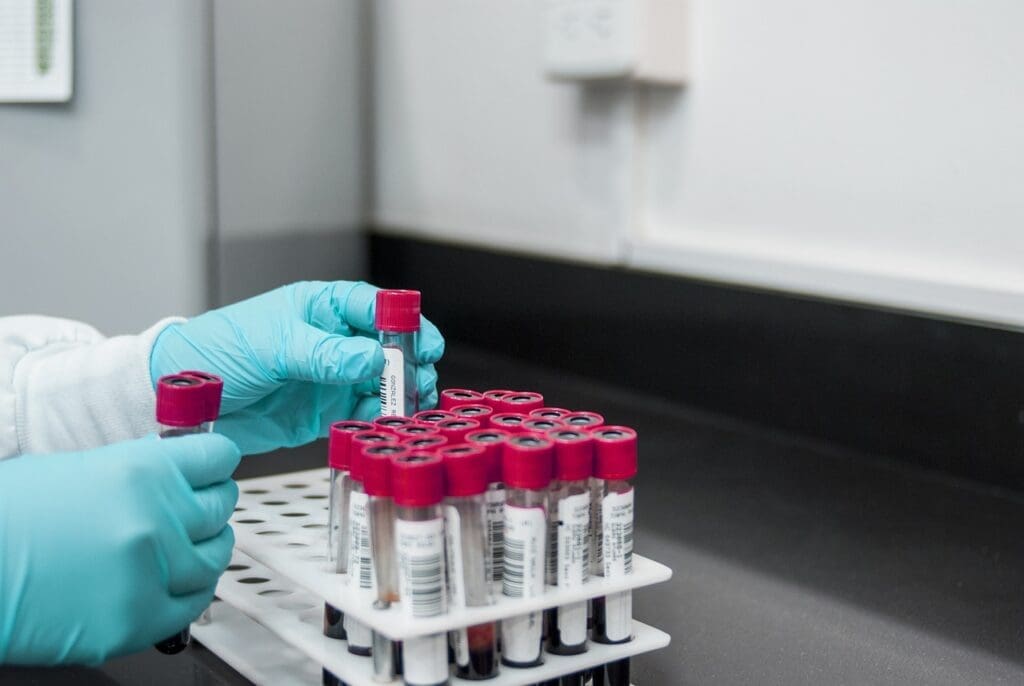DKLM 2025: Study warns of errors in potassium measurements due to sample handling
Researchers at the University Medical Center Oldenburg and Greifswald have investigated the influence of preanalytical factors on potassium measurements in the blood in a study. The results, presented on a poster, underline the importance of sample material, storage temperature and delays in centrifugation for the reliability of the values.
Potassium is one of the most frequently requested laboratory parameters and is subject to tight regulation in vivo, but shows limited stability in vitro. Preanalytical influences such as hemolysis, delays in processing, sample material and storage conditions can severely affect the results. The revision of the guidelines of the German Medical Association in 2023, which prescribes lithium heparin as the standard for potassium measurements, has intensified the discussion about optimal sample materials.
Various factors were evaluated in the study, with a focus on lithium heparin and serum samples as well as storage at 4 degrees Celsius and room temperature. Four manufacturers of sample tubes were involved, with 30 test persons per manufacturer. Measurements were taken with ion-selective electrodes immediately after the blood sample and at later times up to 24 hours.

Baseline values showed a mean potassium concentration of 3.87 mmol/L in lithium heparin samples, but significantly higher values of 4.13 mmol/L in serum, with differences of up to 0.51 mmol/L. With delayed centrifugation and storage at 4 degrees Celsius, the values increased by up to 6.59 percent in lithium heparin and 13.08 percent in serum after two hours. After eight hours, the increase was up to 36 percent and 38 percent, respectively. At room temperature, concentrations in both materials remained more stable, with a slight increase in lithium heparin after six hours.
In addition, platelet count, which ranged from 151 to 447 per nL, correlated moderately with elevated serum potassium levels. High platelet counts can lead to false positives, even within the reference range, and correction may seem inappropriate.
The study recommends analyzing samples within two hours, as prescribed by the manufacturer, and warns against storage at 4 degrees Celsius, especially in the case of delayed processing. This is crucial because other parameters require cooling, which can lead to unreliable potassium levels for patient care.
Important details can be seen as posters at the DKLM 2025 in Leipzig. Interested media can receive the poster in advance in compliance with the strict embargo period of 23.10.2025 / 00:01 and presentation of a valid press card. To do so, send us your enquiry including a copy of your press card to: redaktion@medlabportal.de
The German Congress of Laboratory Medicine (DKLM) 2025 promises exciting insights into the interface between science and clinical practice. Under the motto “Science for Precision Medicine”, the German Society for Clinical Chemistry and Laboratory Medicine (DGKL) and the Umbrella Association for Technologists and Analysts in Medicine Germany (DVTA) invite experts from research, clinics and industry to meet on October 23 and 24 at the Congress Center Leipzig (CCL). The two-day event is aimed at laboratory physicians, biomedical analysts and decision-makers to discuss current advances in diagnostics and strengthen networks. The ceremonial opening of the congress will take place on 22 October with the presentation of the MedLabAwards in the Salles de Pologne.
Editor: X-Press Journalistenbû¥ro GbR
Gender Notice. The personal designations used in this text always refer equally to female, male and diverse persons. Double/triple naming and gendered designations are used for better readability. ected.




